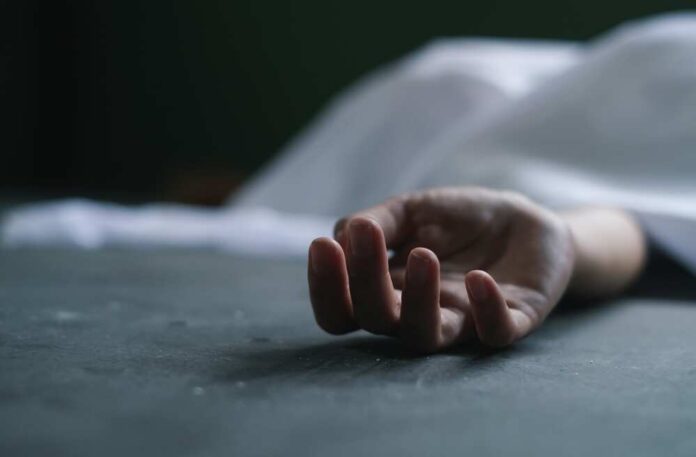
In an unexpected twist that is bound to ignite conspiracy theorists’ imaginations and fuel late-night talk show monologues, the body of a U.S. Embassy attaché was discovered at the Hilton Hotel in Kyiv on June 26. According to Strana UA, an online Ukrainian newspaper, law enforcement officials reported no evidence of violence, attributing the man’s death to high cholesterol—a diagnosis as mundane as it gets for a diplomat in a war zone.
The diplomat, who had been in Ukraine since June 15, was found dead in his hotel room on June 25. Yet, it seems no one thought to check on him until nearly a week later. The details surrounding how long he lay undiscovered are murky, adding a layer of intrigue to an otherwise straightforward medical narrative.
The same day this revelation broke, U.S. State Department spokesperson Matthew Miller stepped up to the podium, presumably to calm the waters before they could be roiled by speculation. Miller confirmed the death, expressing condolences and preemptively squashing any budding conspiracy theories. He assured the press there was “no sign of foul play” and the unfortunate diplomat had “died of natural causes.” Because, of course, nothing says “nothing to see here” like a preemptive strike against rumors.
Let’s be real for a moment: the U.S. has been Ukraine’s biggest cheerleader in its David-versus-Goliath battle with Russia, pumping in humanitarian aid and military equipment like there’s no tomorrow. So, naturally, the death of an American diplomat—regardless of the cause—is bound to raise eyebrows, even if the official line is that his demise was due to something as pedestrian as high cholesterol.
However, it seems the Biden administration is keen to nip any potential diplomatic kerfuffle in the bud. The message is clear: this tragic incident will not impact the “stronger than ever” bond between the U.S. and Ukraine. After all, this relationship has been meticulously crafted since Ukraine broke away from Russia in 1991, cemented further by the White House’s declarations of unwavering support against Russian aggression.
But let’s not gloss over the timing here. Just as the White House is gearing up for another election cycle, a mysterious death of a U.S. official in a volatile region is the last thing it needs. One can almost hear the groans of political strategists as they brace for the inevitable questions and the potential for this incident to be twisted into various political narratives.
In the grand scheme of things, the Biden administration is sticking to its guns, maintaining that the diplomat’s death will not tarnish the robust U.S.-Ukraine relations. Still, the story raises a few questions: Why did it take so long to find the man? Why the rush to dispel any notion of foul play? And what does this say about the administration’s handling of delicate international incidents?
As the U.S. continues to stand by Ukraine in its time of need, it’s crucial to keep an eye on the unfolding narrative. Will this incident fade into the background as another tragic but isolated event, or will it spark a deeper examination of the risks faced by U.S. diplomats abroad? Only time will tell, but for now, the Biden administration seems determined to keep its focus on the bigger picture—supporting Ukraine against Russian aggression.














